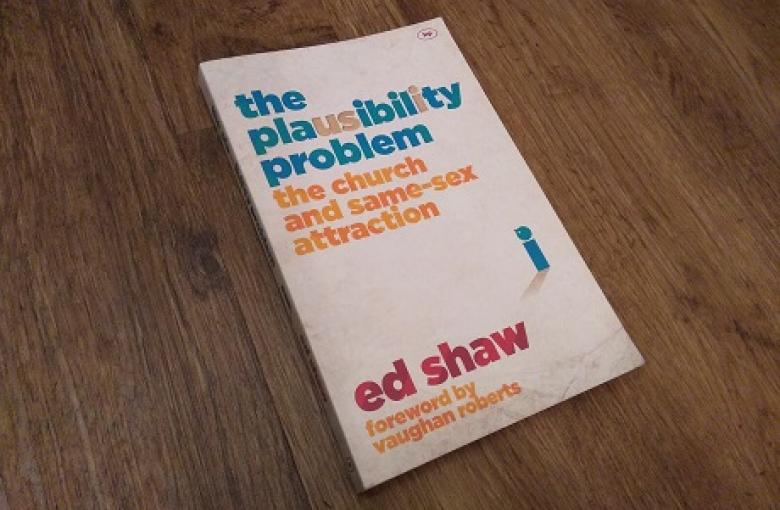A well-meaning Christian friend put this question to me and I confess that it made me quite angry. I was surprised by the strength of my reaction and have spent some time subsequently reflecting both on the question and my response to it. I want to focus on changing my orientation towards God, towards myself and towards others.
God is love (1 John 4:8). This truth about God is used by some people to argue that, therefore, God must approve of any relationship that our culture defines as loving. But there are two key flaws to this argument, and we discover both of them as we more fully understand what God is like.
What’s the secret to winning the battle against same-sex temptations? One of the key things I’ve learnt is to keep this struggle in perspective. Not to let it become the main thing, even though it will often press in and demand to be the main thing. So how can we do that?
Enjoying God and experiencing satisfaction in Christ are exciting elements of the Christian life. In addition to enjoyment and satisfaction though, Paul makes this assertion in 1 Timothy 6:6: “But godliness with contentment is great gain”. It is easy to panic and find ourselves without any peace of mind. How can we possibly be content?
Do you like God? The most important commandment, says Jesus, is to ‘love the Lord your God with all your heart and with all your soul and with all your mind and with all your strength’ (Mark 12:30). Surely, I just have to get on with the business of loving him, don’t I?
When asked to write this article I was forced to the realisation that I am a 30-year-old male choosing celibacy. That is probably relatively unusual. The teacher in me couldn’t resist loosely dividing this into three areas: what does it mean to be celibate, what can help us achieve that goal and why bother?
This is a brilliant book, which is well worth reading by all modern Christians. It addresses all sorts of issues more generally covered by the question, "How can I possibly do what God is asking of me?" in contexts where you can always find somebody who will tell you that, "God isn't really asking that of you."
In this book, Barry Danylak takes the reader through the progression of singleness across the whole Bible. He starts by examining the issue of singleness vs marriage in the Old Testament. When he reaches the New Testament, the centrality of child-bearing is removed and the barren and the eunuch may know the perfect sufficiency provided in Christ.








